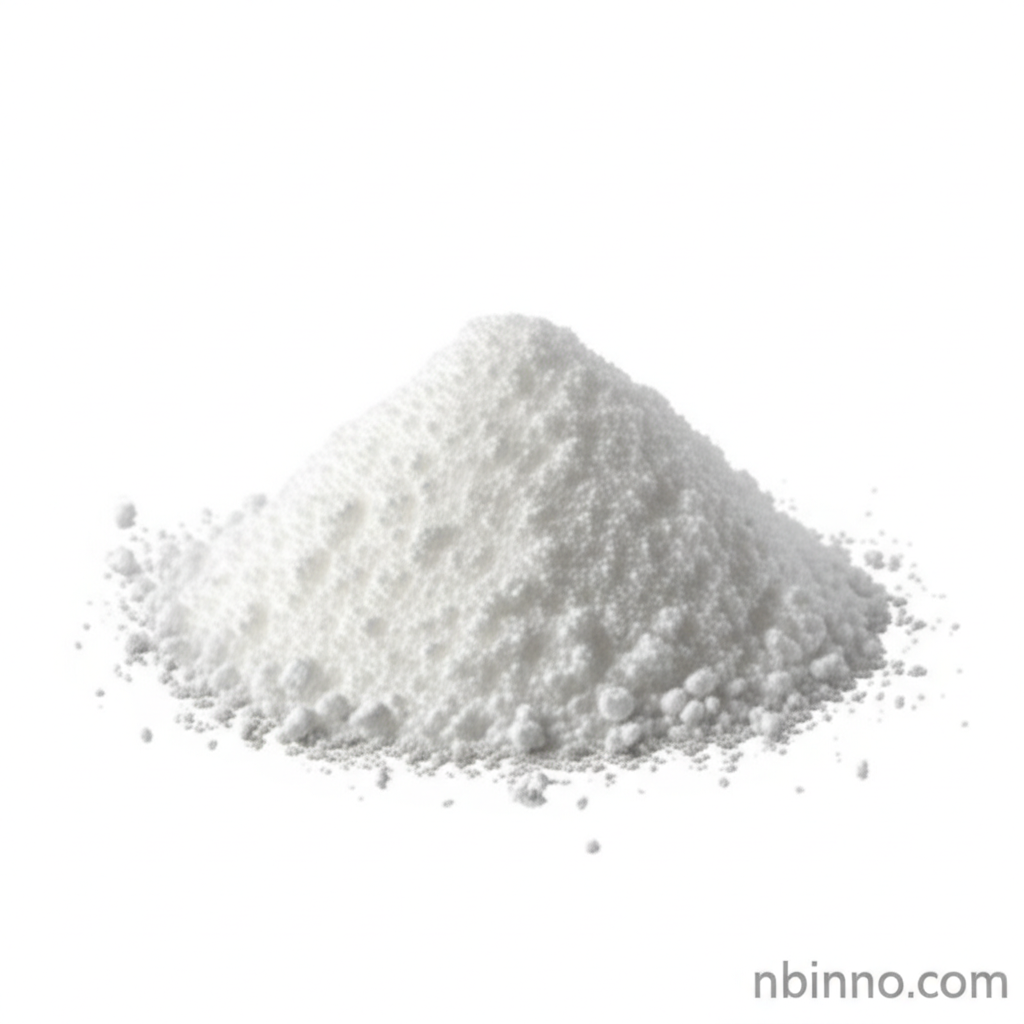Succinic Acid: A Versatile Chemical Compound for Diverse Industrial Applications
Discover the multifaceted uses and properties of succinic acid, a key player in modern industry and biology.
Get a Quote & SampleProduct Core Value

Succinic Acid
Succinic acid, a dicarboxylic acid, is a crucial building block with a wide array of applications. Its chemical structure and natural occurrence make it valuable in pharmaceuticals, food, polymers, and more. Explore its journey from a metabolic intermediate to a key industrial chemical.
- Explore the extensive succinic acid industrial applications, from pharmaceuticals to advanced material science.
- Understand what is succinic acid used for, as it serves as a precursor in the production of various derivatives and essential chemicals.
- Learn about the unique succinic acid chemical properties that enable its diverse functionality and widespread adoption.
- Discover the various succinic acid production methods, including traditional and innovative bio-based routes, highlighting sustainability.
Key Advantages
Wide Range of Applications
The versatility of succinic acid allows it to be used in everything from food flavorings to high-performance polymers, showcasing its broad utility.
Biological Relevance
As a key intermediate in the Krebs cycle, succinic acid plays a vital role in cellular metabolism and energy production, underscoring its biological significance.
Growing Sustainability Focus
The development of bio-based succinic acid production methods addresses environmental concerns, positioning it as a sustainable chemical choice.
Key Applications
Pharmaceuticals
Succinic acid is utilized in the pharmaceutical industry as an intermediate for active pharmaceutical ingredients (APIs) and as an excipient in drug formulations.
Food & Beverages
It serves as a flavoring agent and acidity regulator in food and beverages, contributing a pleasant taste profile.
Polymers and Resins
Succinic acid is a precursor for biodegradable polymers, polyesters, and alkyd resins, vital for materials science and manufacturing.
Coatings and Solvents
Its derivatives are used in the production of various coatings, solvents, and lacquers, enhancing product performance and durability.
